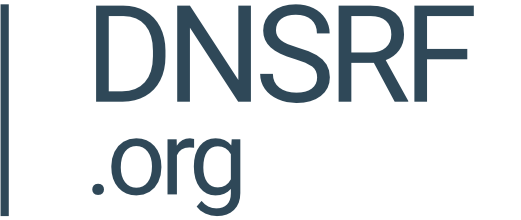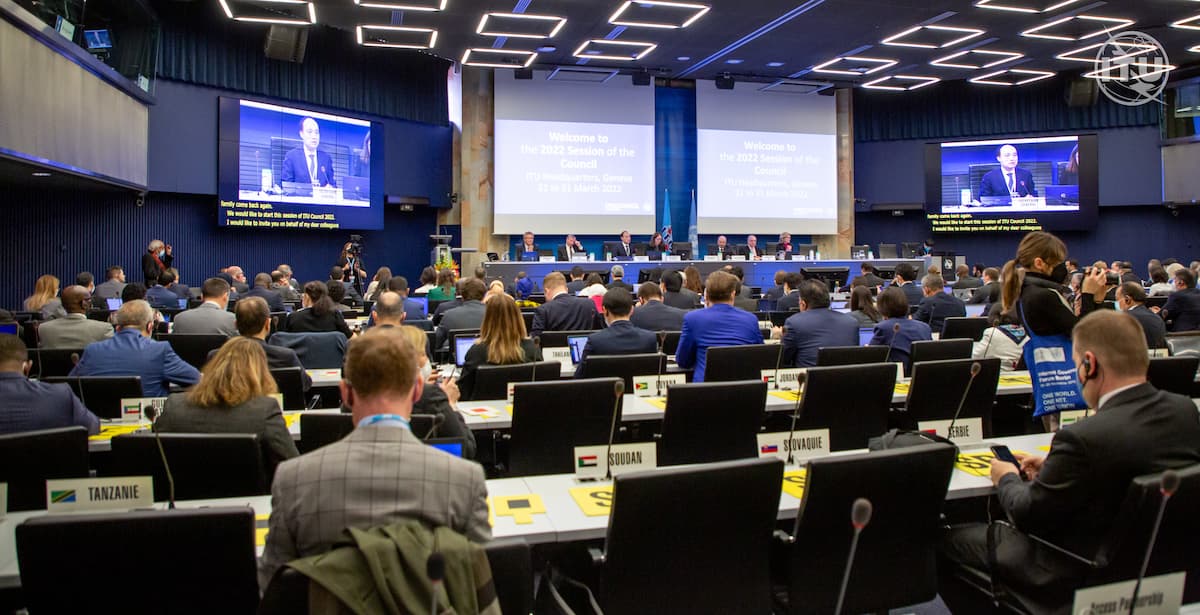How does the tracker work?
Our standards tracker works through three simple steps.
First, we input into our system all active standards proposals from a given SDO, or specific group within an SDO. We monitor ITU-T (Study Groups 13, 16 and 17), IETF, and shortly, we will add ETSI.
Second, we scan the documents for specific sets of words and phrases that describe transformations to the Internet’s core. Whenever a standard proposal contains those words, we want to ensure the community is aware that such a proposal is being discussed.
Third, based on what words and phrases a document contains –and how often these feature- we rank proposals into three buckets:
(a) proposals to engage with, which we find contain more critical proposals that require thorough community consideration and input;
(b) proposals to monitor, where what the document discusses and/or proposes for standardisation calls for careful consideration; and
(c) proposals to track which contain references to words or phrases in our dictionaries but may or may not evolve into proposals transform the Internet’s core.
What are we tracking?
The Internet Standards Observatory is concerned with proposals that propose to significantly transform the Internet’s core. We are specially interested in proposals that could transform how naming, addressing, networking and routing work on the Internet.
The filter menu bar in our trackers enables you to see our dictionaries of words and phrases we track for. You will see that we care about proposals to transform networking and routing in ways that break with the principle of layer independence; proposals that seek transform numbering works, primarily so that IP addresses carry information from higher layers up the stack; and proposals that seek to replace the DNS and introduce new forms of tracking people and contents online.
Our standards observatory seeks to prevent the fragmentation of the Internet’s core, and encourage adequate debate about how the Internet should evolve. Some of the proposals we highlight may well go forward; however, whenever they seek to transform how the core of the Internet works, we want to make sure that standards participants:
1. know those proposals are up for discussion; and
2. that they are afforded an opportunity to provide feedback.
We firmly believe that standards development plays a key role in driving innovation and making the Internet better and stronger. For those interested in the future of the Internet’s core like ourselves, the tracker exists to lower barriers to engagement and help standards participants identify what proposals to engage with.
By tracking proposals across ITU-T, IETF and ETSI, the tracker also hopes to help the community to understand how and where different technologies get standardised.
In this sense, the tracker will help expose any attempts to develop Internet standards beyond the Internet Engineering Task Force. We firmly believe that Internet standards must be developed through open participation processes and discussed in fora where they receive proper scrutiny based on their technical merits.
We understand standards participants may be interested in other topics and issue areas. As such, we have enabled a search feature in our trackers that allows any users of our platform to search for their topics of interest.
We welcome your feedback at standards.observatory@dnsrf.org. Happy standards tracking!



